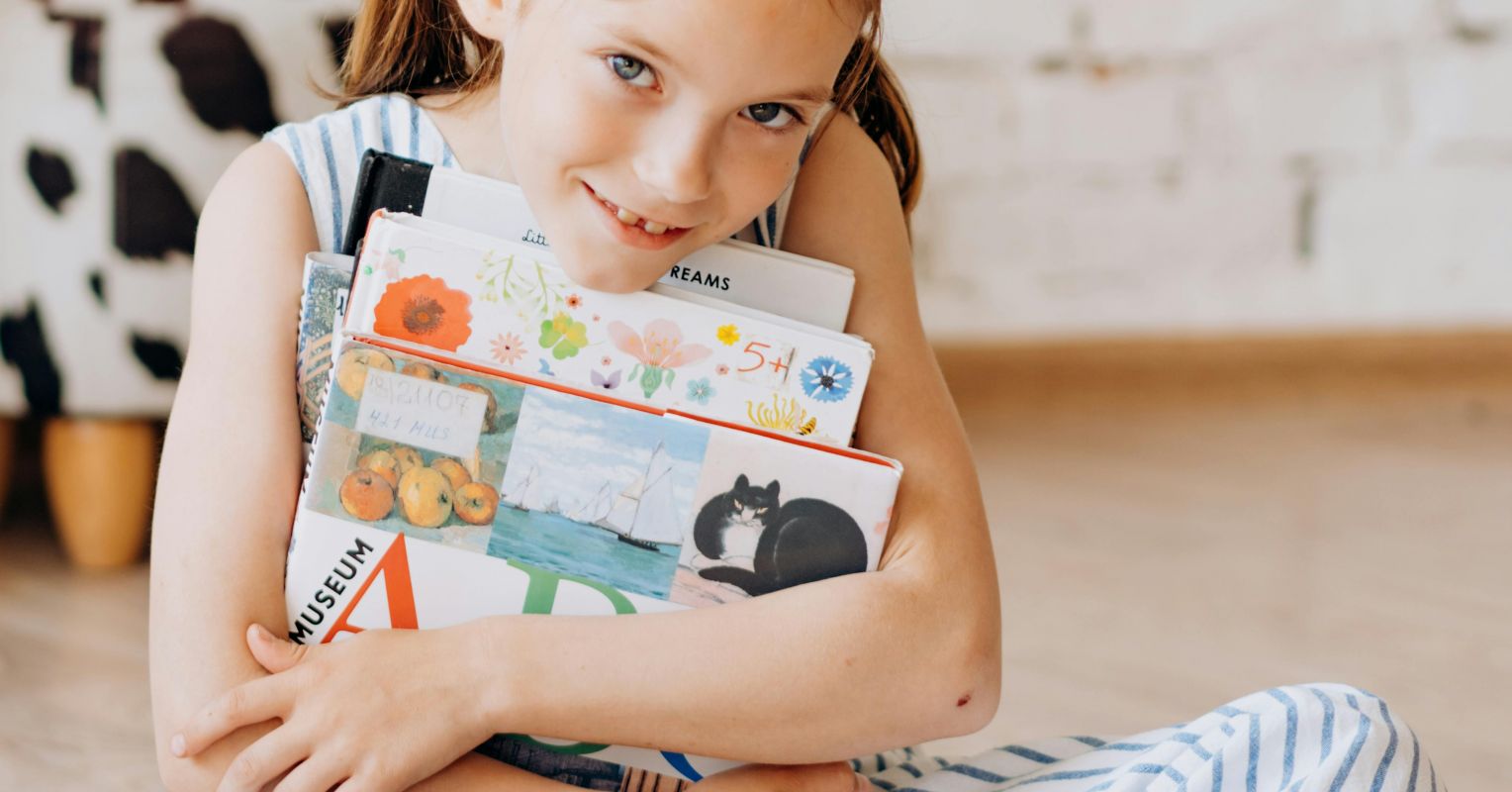
"Sam nailed the difference between ritual and tradition: while rituals are repeated events shaped by familial culture, a tradition is an anchoring collective event to which everyone "signs on" and participates, driven by rhythms of expectation and shared memories. While rituals protect us and our children from the chaos of everyday life, traditions braid together purpose, respect, and enduring family values. They work, as in Sam's case, because the joy is predictable, intentional, shared, and preserved across generations."
"They just feel important. The big emotions they generate are typically positive and life-affirming. Unlike screen time, they are dynamically interactive socially, leading to cooperation and engendering empathy. They connect children to their unique family constellation and its history, grounding them in the story of where they come from, who they are, and what they do."
A family tradition is an anchoring collective event that everyone signs on to and participates in, creating predictable, intentional shared joy preserved across generations. Rituals are repeated events shaped by familial culture that protect families and children from daily chaos, while traditions braid together purpose, respect, and enduring family values. Traditions generate strong positive emotions, encourage dynamic social interaction that fosters cooperation and empathy, and connect children to family history and identity. Specific artifacts and repeated practices can embody intergenerational meaning and attachment. Establishing meaningful traditions requires active conversation, patience, and mutual agreement between parents.
Read at Psychology Today
Unable to calculate read time
Collection
[
|
...
]